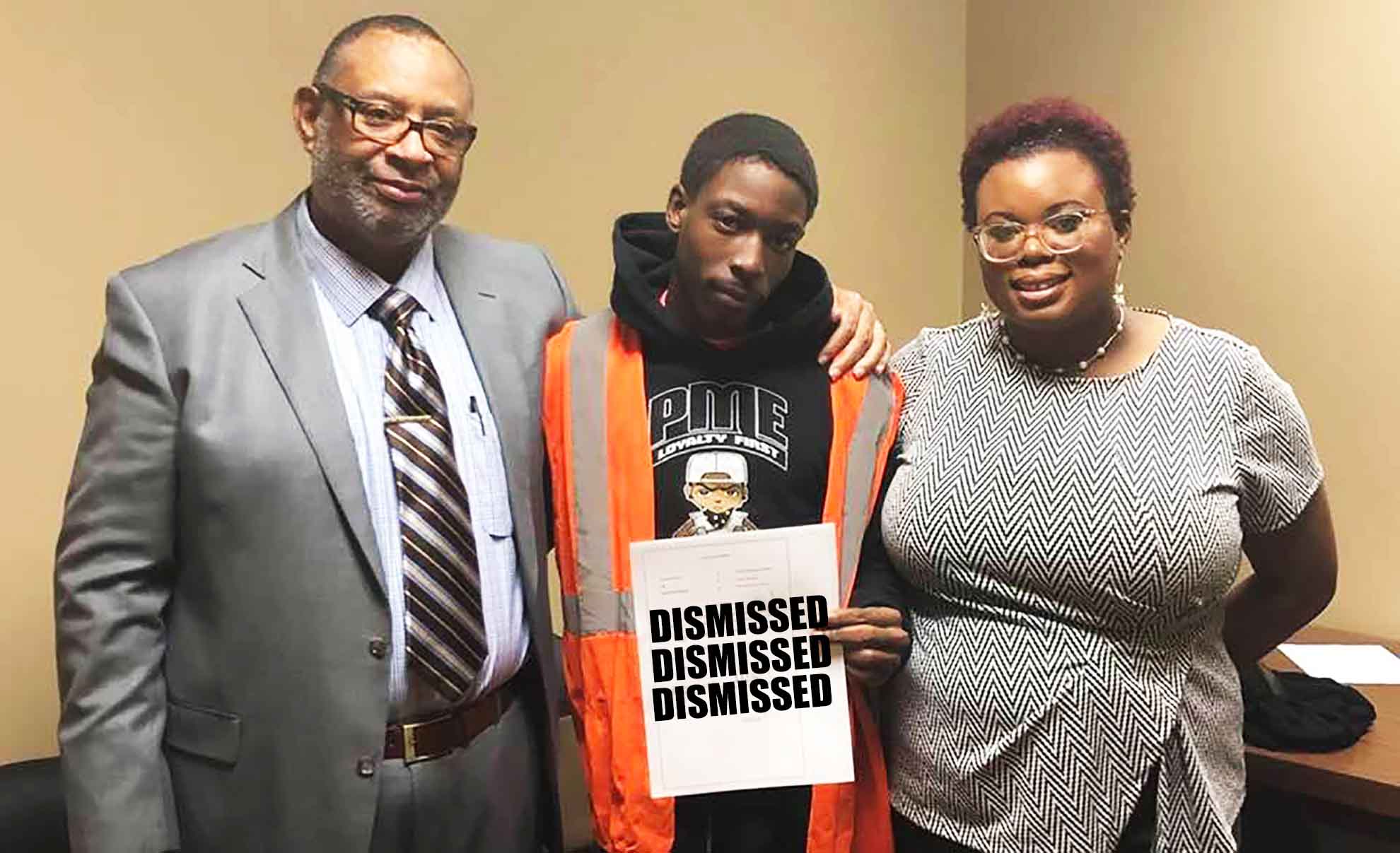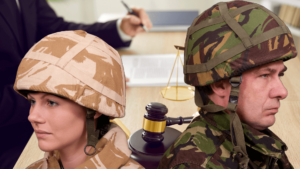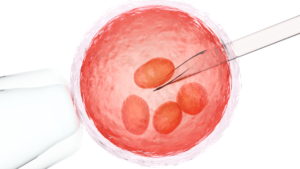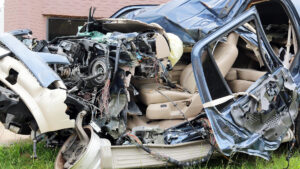Criminal Defense Lawyers Making A Real Difference
If we criminal defense lawyers only show up to make money from our client’s misery, we’re similar to buzzards. At least, that’s what many in the public think of us. The comparison to buzzards is unfair, but let’s use it to motivate us to do more. I have a few ideas for the motivated.
All races of people get involved in criminality. Crime is not a function of one’s race but of other factors, including poverty, equal opportunity, racial profiling, failing schools, broken families, and more. And for all these reasons, African American and Hispanic young men are overrepresented in the criminal justice system. The one group of people, besides their families, who are supposedly in the system to help them are their criminal defense lawyers.
Criminal defense lawyers are uniquely positioned to make a difference in the criminal justice system. We’re our clients, only advocates. We stand in the gap between them and a ruthless and racist system that desires to chew them up and spit them out weakened and damaged. It’s a system that’s built on punishment and racism, not rehabilitation. The question we criminal defense lawyers face is whether we’re part of the problem or whether we’re part of the solution? And what more can we do to help our clients?
Meet Leonard
Before sharing my suggestions, let me introduce you to Leonard. He was one of our 17-year-old clients that the state charged with carrying a gun to school. This charge is a third-degree felony under Texas law that carries up to ten years in prison. The charge made lots of people nervous and understandably so. I tried to make a strong impression on Leonard after a court appointed me to represent him. He needed to know the seriousness of this charge.
However, I also noticed a few things about Leonard the more time I spent learning about him. He was very mild-mannered and soft-spoken. He was respectful. He didn’t have a chip on his shoulder, nor was he angry and bitter. His father lived in California, and his mother dealt with health issues. He had to work to help with the bills. Over two months, I had gotten to know Leonard, and I was convinced he wasn’t a killer. I can’t get into details about the facts of his case, but I was prepared to go the distance for Leonard.
I went to the chief prosecutor in that court and pleaded for Leonard. I wanted him in any program they had for first offenders. The chief prosecutor was very reluctant but checked with his superior. The answer was the DA’s office wasn’t willing to work with Leonard, given the nature of the charge. I understood their position but wasn’t ready to give up on Leonard that easy. So, I went above both of their heads and spoke with a top prosecutor who informed me of a new program for young minority males who were first-time offenders. Leonard applied for this program; but, unfortunately a white woman rejected his application because he had some misbehavior at school. I never understood her decision since the program was targeting young black males with misconduct.
Nevertheless, I convinced the chief prosecutor to exercise his discretion to work with Leonard. He agreed and gave Leonard a try. And for several years, this prosecutor, two more prosecutors, court staff, and I set out to save Leonard. The bulk of the work was on me. I assisted Leonard in ways I had never done for other clients. For example, Leonard had no transportation, and his family members were unable or unwilling to take him to court.
Consequently, I picked up and brought Leonard to court for almost three years. He didn’t have any photo identification, so I helped him get an ID so I could help him get a job. The school expelled him, so we got him enrolled in a GED program. I paid Uber to take him to his GED classes. Thanks to one of the prosecutors who assisted along with us that Leonard work toward his GED.
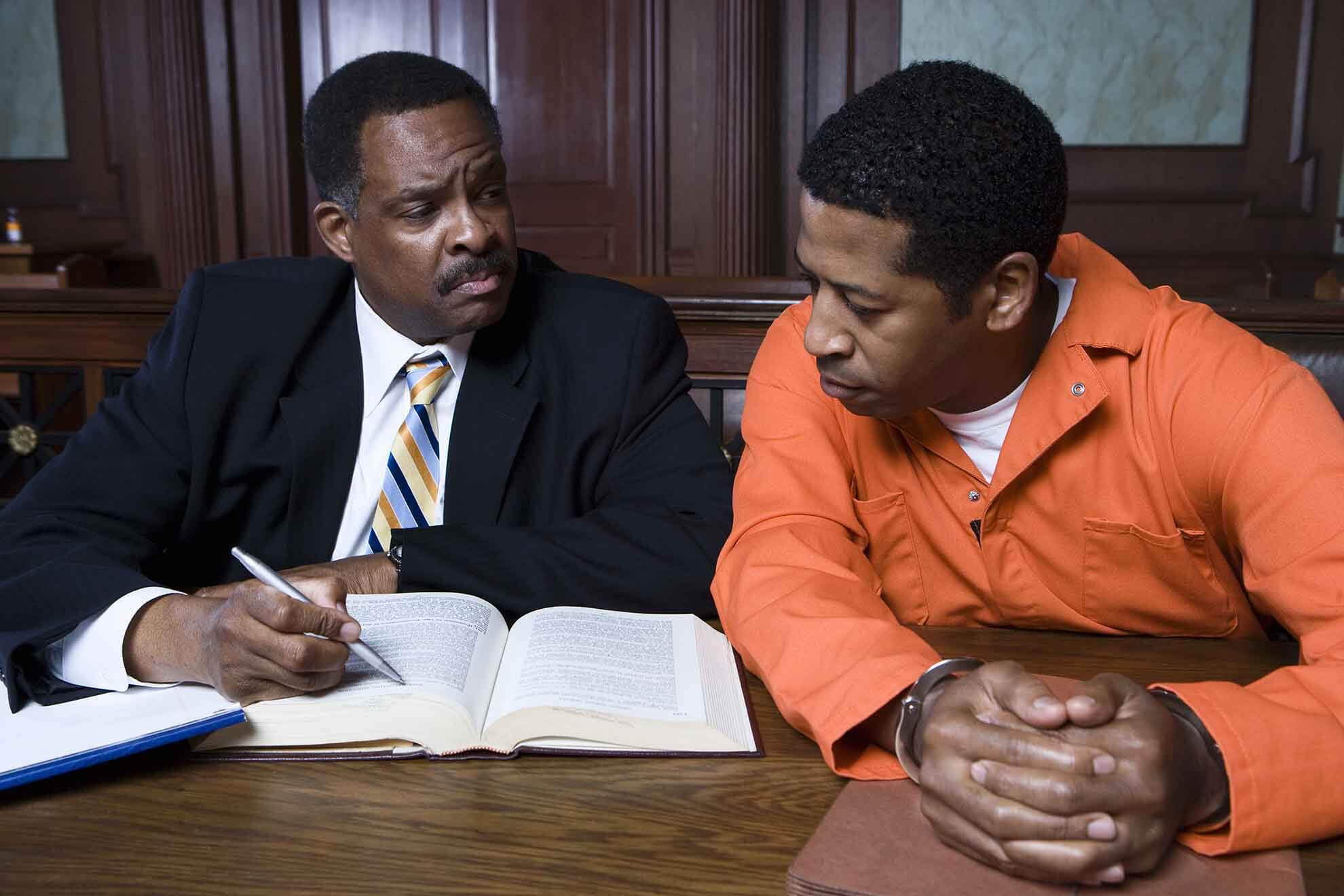
Help outside the courtroom
It may seem that I mentioned all the above facts to impress you. Trust me; I’m not interested in impressing you. I’m too old to be trying to impress anyone, but Christ, lol. I mentioned what we did for Leonard to demonstrate that helping these young men goes much farther than what happens inside the courtroom if we’re serious about helping them. The help these young men need includes mentoring, transportation, job readiness, and much more. As I said earlier, I have a few ideas from my experience working with Leonard that could help criminal defense lawyers do more to save young men of color.
1. Provide legal clinics
This suggestion may seem insignificant, but it’s not. I can’t count the many people I’ve represented who came into the criminal justice system because of ignorance of the law. For example, several of my young clients were charged with sex crimes because they genuinely didn’t know the age of consent. One client didn’t think it was illegal to share nude photos with her young boyfriend. Others were charged with crimes after they spoke with law enforcement without an attorney. Educating these young people about subtle traps in the law through legal clinics could save many.
2. Work on criminal justice reform
The criminal justice system is corrupt, biased, and deeply flawed. Racist cops often target racial minorities. I read recently about a New York City police captain who instructed his officers to target black and brown people and don’t arrest and handcuff whites, Asians, and Jews. Speaking of New York, we know it took a federal judge to order former mayor Michael Bloomberg to abandon “stop and frisk” policies. Bloomberg knew the damage his policies were doing to black and brown people. He apologized only after throwing his hat into the ring for president. Blacks should remember Bloomberg’s callousness as they consider his presidential campaign.
When we venture into courtrooms, racism doesn’t stop. Often, I sit in Texas courtrooms, especially in rural conservative Texas, and get incensed and deeply saddened as I witness prosecutors sending numerous young black men to prison. For some reason, white female prosecutors seem most inconsiderate of the complicated and disadvantages lives these young men have lived. Criminal justice reform is very needful, and it’ll be ineffective without the assistance of criminal defense attorneys.
3. Strongly advocate for young men of color
We, criminal defense lawyers, must defend all of our clients zealously, and I do. Sometimes that requires getting the prosecutor to consider mitigating factors, including challenges the defendant has faced in his personal life. This requirement seems applicable to more of my poor black minority male clients. I believe resolutely that the horrible conditions many young men of color faced growing up should be mitigating factors. Of course, most prosecutors and judges may not share my belief. In fact, lots of time I get pushback from most prosecutors of all races especially if they grew up on the other side of town.
Even many of my criminal defense lawyer colleagues fail to argue these mitigating factors adamantly to prosecutors and judges. The reasons they fail to argue, explain, or even mention these mitigating factors to the prosecutors and judges are many, such as indifference and racial prejudice. Yes, some prosecutors and judges harbor strong racial prejudice against black and brown defendants, assuming these defendants are criminals merely because of their skin color. Thank God, and of course, not all prosecutors are racist like the ones who helped Leonard.
4. Work with District Attorney offices, judges and probation offices to develop diversion and other first-time offender programs
DA offices, judges and probation offices interested in developing programs that reduce crime in neighborhoods of color are well-advised to consider the voices and perspectives of criminal defense lawyers. Again, no one in the courthouse knows these young men better than us. We even get to know their families and friends. Who better, therefore, can guide DA offices and judges on what types of programs will work?
However, we can’t wait for the DA offices and judges to invite us to the meetings; we must show up uninvited if necessary. Nor can we wait for the DA offices and judges to create such programs. We must create our own if none exists.
5. Partner with the community to develop prevention programs
What’s the old saying, an ounce of prevention is worth more than a pound of cure. And Frederick Douglas expressed this sentiment even more saliently when he said; “It is easier to build strong children than to repair broken men.” Grabbing hands with community leaders and activists to prevent crime in the first place is the most critical work. For that reason, I saved this suggestion for last.
Criminal defense attorneys should begin in law school, offering themselves as mentors for young men of color. Then our work should continue after we pass the bar by partnering with schools and nonprofits to redirect at-risk youth away from the system. This preventive work should continue for criminal defense attorneys as we partner with local businesses to create job and career opportunities for young men of color. Our work as lawyers doesn’t stop after winning a trial, negotiating a plea, or closing a case.
Conclusion
I said it several times already. Still, it bears repeating, we criminal defense lawyers see the problem with young men of color and their involvement in the criminal justice system better than most. Indeed, it’s our job to know more about our clients than anyone in the courthouse so we can give them effective assistance of counsel. We owe our clients that much, but that’s the least we can do. Being a criminal defense lawyer is more than a business; it’s an opportunity to serve and make a difference in the lives of the most needful. This humane approach to the practice of criminal law will better serve our clients. It may also change the public’s negative perception of lawyers if we engage in the selfless and thankless work of saving our clients. The benefits to our clients, society, and our nation will be many, if we criminal defense lawyers endeavor not just represent our young minority male clients but save and transform them and their communities.
